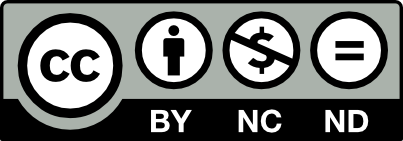Forms of vitality, mirroring and psychotherapy. A Daniel Stern’s Legacy
DOI:
https://doi.org/10.23823/jps.v5i2.92Abstract
The exponential growth of neurosciences solicited psychotherapies to investigate extensively their epistemological bases and clinical practices. Affective dynamics and clinical dialogue have been reinterpreted in the light of theories concerning the caregiver-baby dyad, strengthening the idea that what happens during therapy can be better understood through the conceptual grid of the intersubjective paradigm. This paper promotes a conception of relational psychotherapy that stresses the role of vitality forms as a global organizer of interpersonal experience and transforming implicit memories into self-reflexive representations. By connecting Stern's theoretical construct to the intersubjective paradigm, we consider vitality forms to be a fecund construct in clinical settings.
Downloads
Downloads
Published
Issue
Section
License
Copyright (c) 2021 Stefano Iacone, Cristina Meini

This work is licensed under a Creative Commons Attribution-NonCommercial-NoDerivatives 4.0 International License.
Authors who publish in this journal agree to the following:
- Authors retain the rights to their work and give to the journal right of first publication of the work simultaneously licensed under a Creative Commons License - Attribution that allows others to share the work indicating the authorship and the first publication of this journal.
- Authors can accept other non-exclusive licensing agreements for the distribution of the published version of the work (eg. Deposit it in an institutional repository or publish it in a monograph), provided to indicate that the document was first published in this journal.
- Authors can spread their work online (eg. In institutional repositories or on their website) before and during the submission process, because it can lead to productive exchanges and increase the work published citations (See The Effect of Open Access) .









